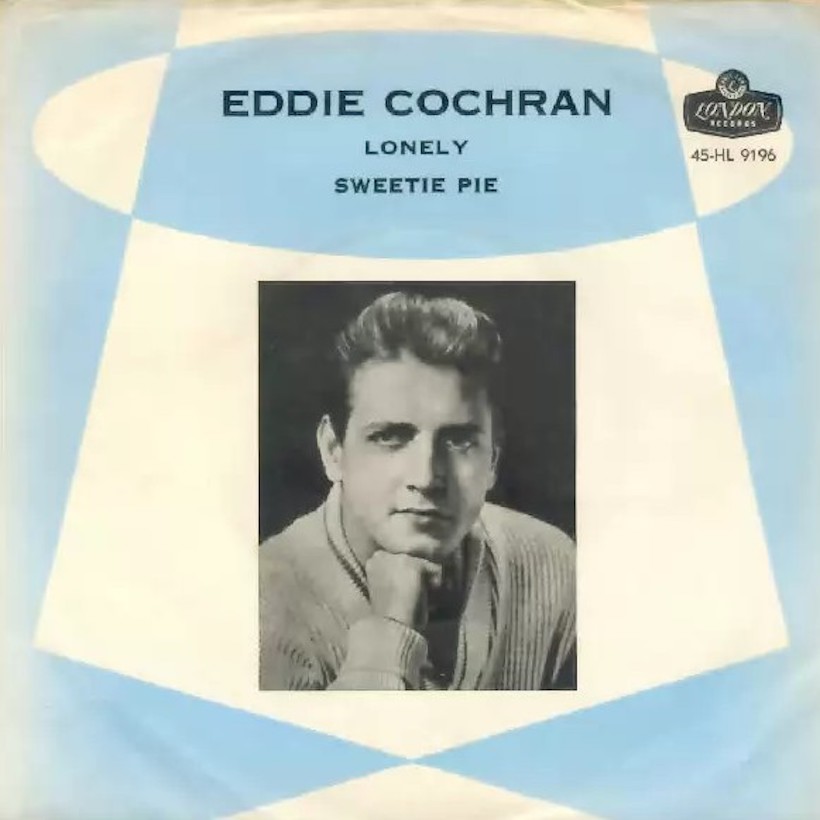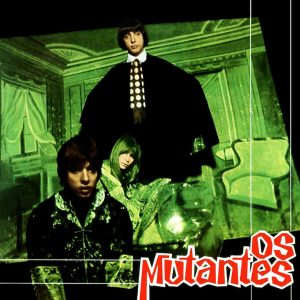After the tragic passing of Eddie Cochran in April 1960, his memory was honored when “Three Steps To Heaven” became a posthumous UK No.1. It was followed by a number of further singles from the archives of the cherished rock’n’roller, which put his name on the charts there several times through the first half of the 1960s. One of those, “Sweetie Pie,” hit the bestsellers on October 6, 1960.
Cochran’s success in Britain had been far more consistent during his all-too-short life than in the US, and the loyalty of his fans continued after he was killed in a car accident at the age of just 21. The last UK hit of his lifetime was “Hallelujah, I Love Her So,” after which the news of his demise prompted the outpouring of affection that took “Three Steps To Heaven” to the top.
London Records followed that with another UK single in August featuring “Lonely” on one side, written by Eddie’s girlfriend Sharon Sheeley, and “Sweetie Pie” on the other, which Cochran wrote with Jerry Capehart and Johnny Russell. “Heaven” had been recorded in January 1960, but “Sweetie Pie” had the label delving deep into his archive.
Listen to uDiscover Music’s Eddie Cochran Best Of playlist.
The song was recorded in 1957, when Cochran was still emerging as a young artist and well before he cut his signature hits such as “Summertime Blues” and “C’mon Everybody.” The single made no chart impression in America, but both sides entered the British charts, albeit modestly.
The percussive “Sweetie Pie” reached No.38, and a few weeks later, “Lonely” had a week on the chart at No.41. Cochran’s memory was very much alive, and was further honored when the aptly-named compilation Never To Be Forgotten was released in 1962.
Buy or stream “Sweetie Pie” on The Best Of Eddie Cochran.




